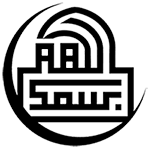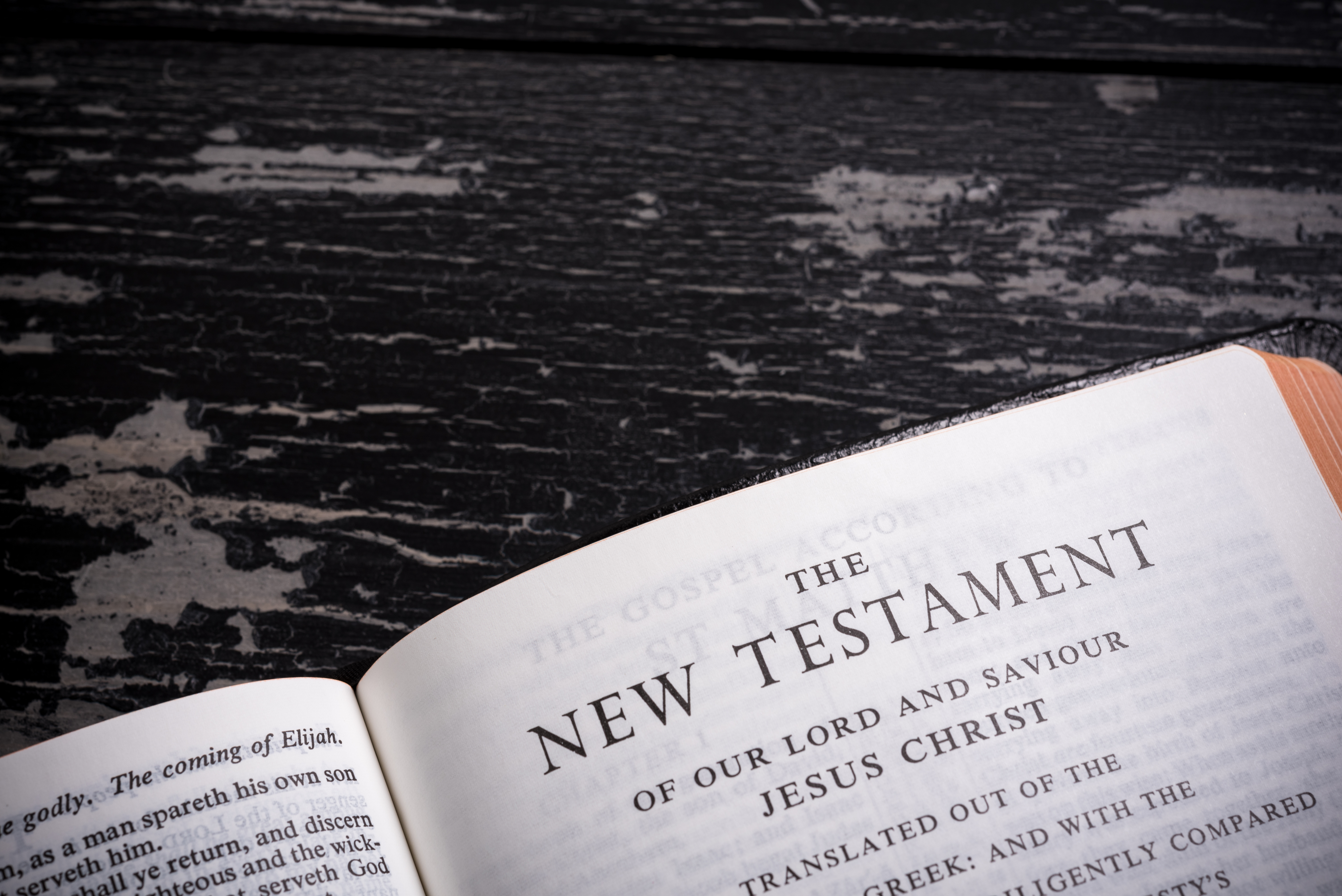Category: The Bible
-
Correction of Mark by Matthew and Luke
Biblical scholars agree almost universally that Mark is our earliest gospel which was later used by Matthew and Luke as a major source. As Matthew and Luke used Mark, they made certain changes and alterations to its accounts. The alterations range from improving Mark’s grammar, smoothing Mark’s negative portrayal of the apostles, changing the order…
-
Luke’s Position As A Historian
Some Christian apologists and missionaries cite A. N. Sherwin-White, who declared Luke to be a marvelous historian. “For Acts the confirmation of historicity is overwhelming…Any attempt to reject its basic historicity must now appear absurd. Roman historians have long taken it for granted.[1] White supports the accuracy of Lucan dating of the census. But what…
-
The Controversy of I John 5:7 (Johannine Comma)
The strongest “evidence” for the Trinity in the Bible is the verse 1 John 5:7 or otherwise known as the ‘Johannine Comma’. Unfortunately for the Trinitarians, it has long been known by scholars that it is not part of the original text. It was never in the Greek manuscripts, but surfaced in the Latin translation…
-
The Diatessaron And Its Conflict With The New Testament Gospels
The purpose of this rebuttal is only to prove that the content of the Diatessaron is not the same as the current content in the New Testament gospels.
-
The Development of the Concept of “Scripture” In The Early Christian Church
For the early Christians before the late 2nd century C.E., there was no such thing as an “Old” or “New” Testament as found in the modern-day Christian Bible today. The writers of the New Testament were basically unaware that they were producing writings equivalent to the status of “scripture”.

